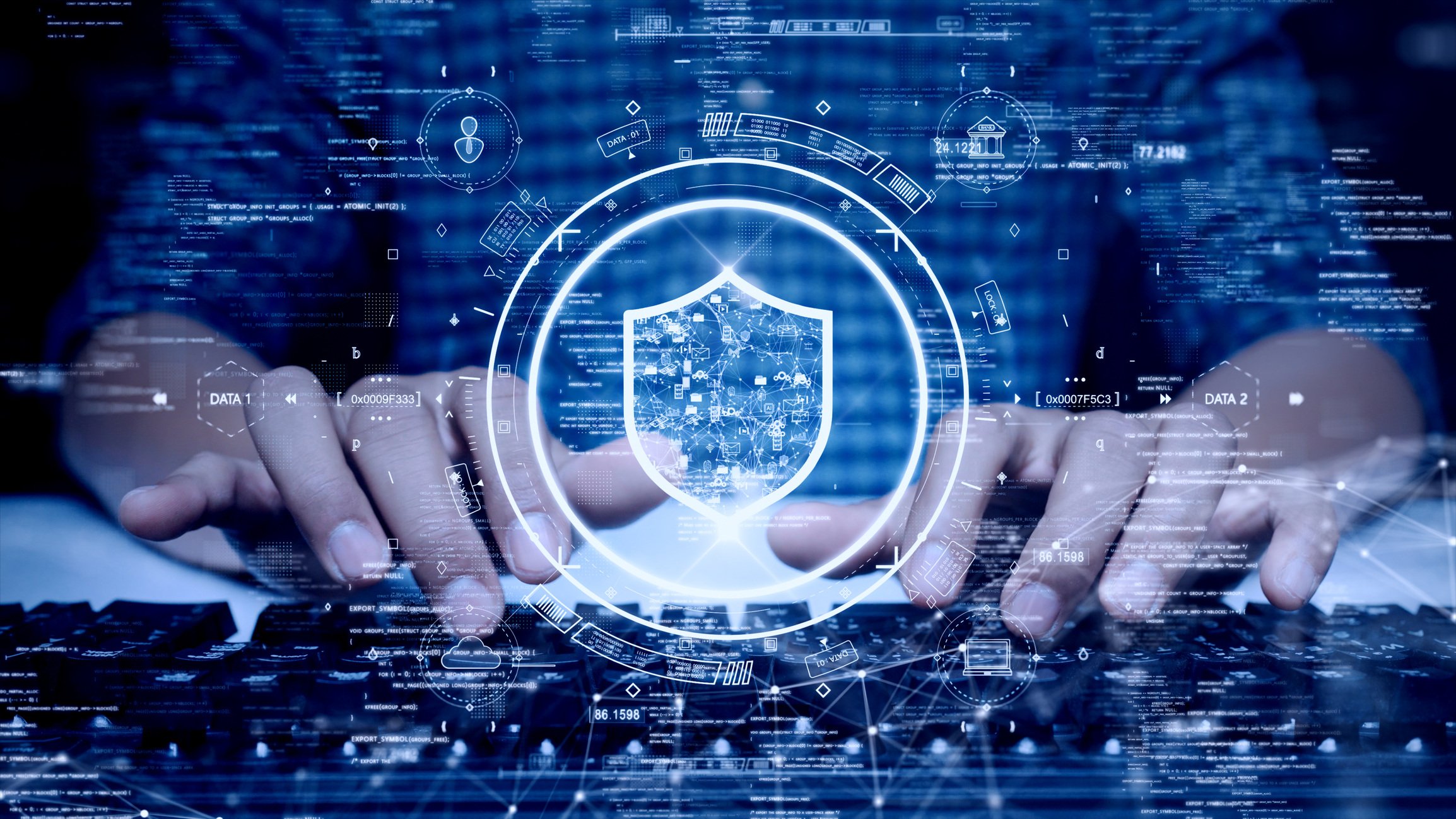Securing Public Utilities: The Role of Managed Detection and Response

 By
Jason Miller
·
2 minute read
By
Jason Miller
·
2 minute read
The Critical Importance of Cybersecurity in Public Utilities
Public utilities are the backbone of modern society, providing essential services such as electricity, water, and gas. The cybersecurity of these infrastructures is of paramount importance, as any disruption can have severe consequences for public safety and the economy. As cyber threats targeting these systems become more sophisticated, the need for advanced security measures like Managed Detection and Response (MDR) is increasingly vital.
Unique Cybersecurity Challenges in Public Utilities
Critical Infrastructure Vulnerabilities
Public utilities operate complex and interconnected systems that are highly vulnerable to cyberattacks. These infrastructures often rely on legacy systems that lack modern security features, making them prime targets for cybercriminals. Protecting these critical systems requires robust cybersecurity measures, including MDR, which offers continuous monitoring and rapid response to potential threats.
Increased Targeting by Cybercriminals
Cybercriminals are increasingly targeting public utilities due to the high impact of potential attacks. These threats range from ransomware attacks that can disrupt services to more sophisticated attacks aimed at gaining control of operational systems. MDR solutions are essential for detecting and mitigating these threats before they can cause significant damage.
How Managed Detection and Response Enhances Public Utility Cybersecurity
Continuous Monitoring and Real-Time Threat Detection
MDR provides 24/7 monitoring of public utility systems, ensuring that any unusual activity is detected in real-time. This continuous surveillance is crucial for identifying potential cyber threats as they emerge, allowing for swift action to prevent breaches and minimize impact.
Rapid Incident Response
When a threat is detected, the rapid response capabilities of MDR are critical. MDR teams work closely with public utility operators to respond immediately to incidents, reducing the potential for prolonged service disruptions and ensuring that systems are restored to full operation quickly.
Advanced Threat Intelligence
MDR services leverage advanced threat intelligence to stay ahead of emerging cyber threats. By analyzing data from multiple sources, MDR can identify patterns and anticipate potential attacks, providing public utilities with the information needed to strengthen their defenses proactively.
Did You Know?
Did you know that cyberattacks on public utilities have increased by over 50% in the last five years? This alarming trend underscores the critical need for robust cybersecurity measures like Managed Detection and Response (MDR) to protect essential services.
The Benefits of Implementing MDR in Public Utilities
Enhanced Security Posture
By implementing MDR, public utilities can significantly enhance their cybersecurity posture. Continuous monitoring and rapid response capabilities help to ensure that threats are identified and neutralized before they can cause harm, protecting both infrastructure and public safety.
Regulatory Compliance
Public utilities are subject to strict regulatory requirements regarding cybersecurity. MDR services assist in meeting these requirements by providing comprehensive monitoring, detailed reporting, and adherence to best practices. This not only helps in achieving compliance but also strengthens the overall security framework.
Operational Continuity
The ability to maintain continuous operation is critical for public utilities. MDR helps ensure that even in the face of cyber threats, utilities can continue to provide essential services without interruption. This is achieved through rapid threat detection, incident response, and system recovery.
Conclusion
As cyber threats continue to evolve, the role of Managed Detection and Response (MDR) in securing public utilities has become increasingly important. MDR offers comprehensive protection through continuous monitoring, rapid response, and advanced threat intelligence, ensuring that public utilities can operate safely and reliably. To learn more about how MDR can enhance cybersecurity for public utilities, visit BitLyft AIR® for Public Utilities.
FAQs
Why is cybersecurity important for public utilities?
Cybersecurity is crucial for public utilities to protect critical infrastructure from cyberattacks, ensuring the continuous delivery of essential services like electricity, water, and gas.
What are the unique cybersecurity challenges faced by public utilities?
Public utilities face challenges such as vulnerabilities in legacy systems, increased targeting by cybercriminals, and the complexity of interconnected infrastructure, making advanced cybersecurity measures like MDR essential.
How does MDR enhance public utility cybersecurity?
MDR enhances public utility cybersecurity by providing continuous monitoring, real-time threat detection, rapid incident response, and advanced threat intelligence to proactively protect against cyber threats.
How does MDR help with regulatory compliance for public utilities?
MDR helps public utilities meet regulatory requirements by providing comprehensive monitoring, detailed reporting, and adherence to cybersecurity best practices, ensuring compliance and enhancing overall security.
What are the benefits of implementing MDR in public utilities?
Implementing MDR in public utilities enhances security posture, ensures regulatory compliance, and supports operational continuity by quickly identifying and mitigating cyber threats.